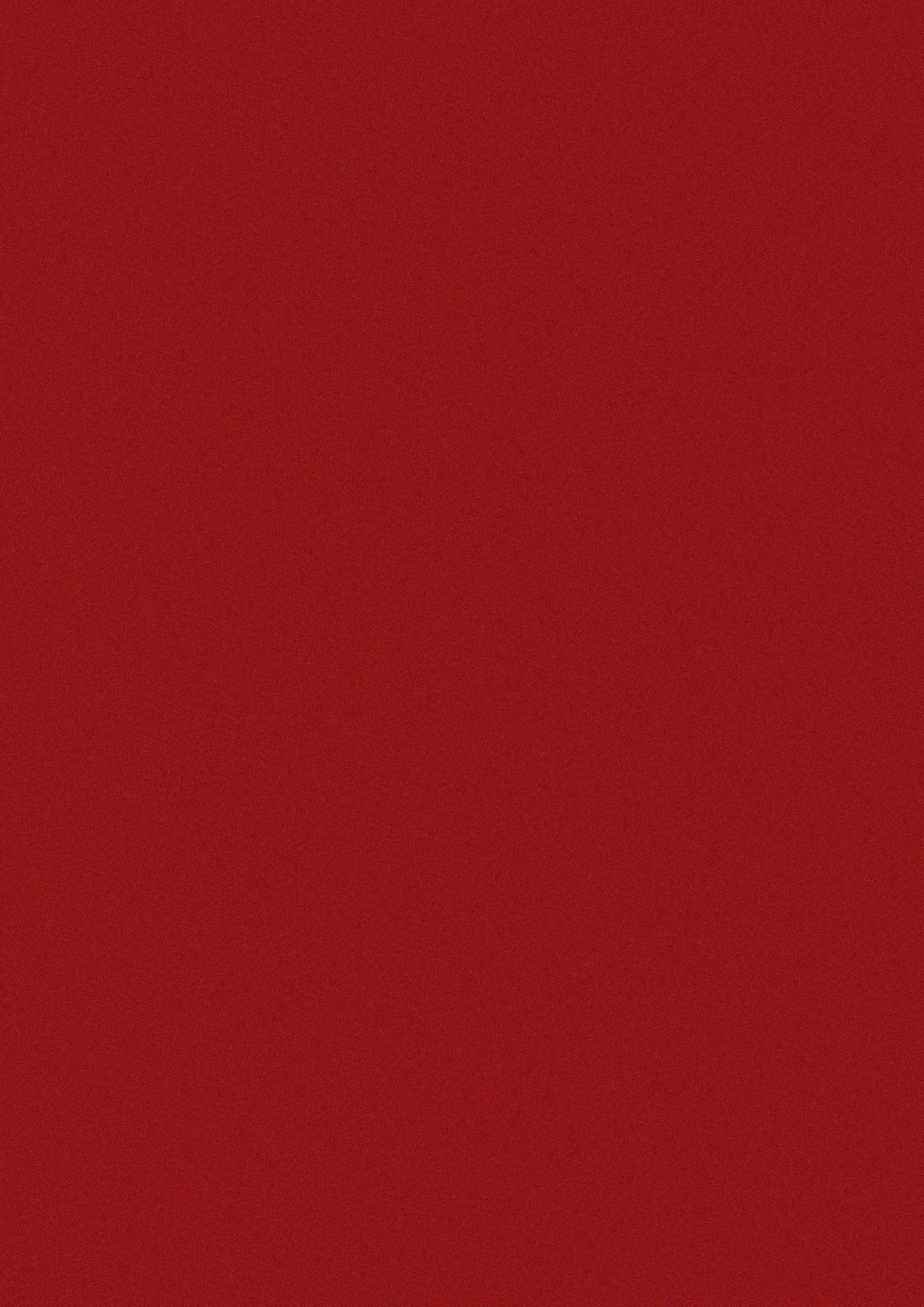
5 minute read
The Americanisation of British TV: Are we Diluting our Culture?
from #268


Advertisement
Are we losing the essence of British culture through the Americanisation of our TV shows? And if so, how? As Impact’s Tylah Mamford explains, the answers to these questions are not as simple as first thought.

What is British TV? In truth, there are countless shows that form the backbone of British television viewing. Who hasn’t, at some point, hunkered down on an evening to watch The Great British Bake Off,Strictly Come Dancing or The Apprentice with family? How about classic soap operas like Coronation Street, EastEnders or Emmerdale? No? What about Downton Abbey, Sherlock or even Gogglebox? Undoubtedly, these shows radiate ‘Britishness’, and many are still in production, meaning there is a constant stream of British TV to be enjoyed. It seems, then, the argument that British TV is being ‘lost’ can’t be true. So, why do we still feel like we are losing the ‘Britishness’ in British TV?
The answer perhaps comes from what we (as students), and others our age, gravitate towards viewing. Despite the aforementioned British programmes successes, the younger generation does not always choose to watch them. As a student, how often do you sit down on an evening to watch Coronation Street? Excuse me if I’m wrong, but I’d say for the majority of us, not very often. The craziness of student life doesn’t always suit the TV schedule, so instead we lean towards streaming services like Netflix or Disney+ for our TV fix out of ease, convenience and, perhaps, habit? Whatever it is that makes us use such services, herein lies the issue of TV becoming Americanised.
The most popular shows on these platforms, such as Modern Family, Friends, Stranger Things or Grey’s Anatomy, are all American. Despite all being great shows, it’s here where we start to see the erasure of British entertainment culture. When generations are growing up watching these shows, it’s no wonder we see British TV becoming increasingly Americanised. I’m sure many of us recall growing up with Disney Channel TV shows (now on Disney+) which made us think ‘high school’ (or secondary school, if we’re being British) was going to be very different than it ended up being. The reason for this? The simple fact is that our British school system is very different from the American school system (though nobody told us this when we were watching High School Musical!).
Now obviously, I’m not suggesting American-based shows should become more British; that would be totally unnecessary and beside the point. The real issue we now face is this: the ‘Sex Education issue’ - the problem whereby a British-based TV show still manages to exude American culture.
Undeniably, Sex Education is a highly entertaining and important show for many, myself included. However, the ‘Britishness’ of this British show is highly questionable. Do you relate to Moordale Secondary? If you attended a British secondary school, do you honestly think your secondary school experience is mirrored in the show? The lockers lining the halls, the Letterman-style jackets worn by Jackson Marchetti and the lack of uniform generate an extremely American setting which, again, creates a predominantly unrealistic expectation for viewers the same way High School Musical did. The show’s creators Laurie Nunn (writer) and Ben Taylor (series director) have called the American feel of Moordale a “deliberate creative callback”, giving it a nostalgic “John Hughes” feel on purpose. As a stylistic choice, this certainly makes the show visually appealing and marketable to international audiences. However, actions like this simply chip away at genuine British culture until all we’re left with is a highlystylised, fictional version. Looking back, there have been popular shows that seem to depict a more ‘accurate’ portrayal of British culture. The BBC’s various shows: The Story of Tracy Beaker, Tracy Beaker Returns and The Dumping Ground were prime examples of British TV shows geared towards the younger generation. Shows like these were not as obviously Americanised, and therefore, highlighted British culture over American stylisation. This being said, it is clear that such stories don’t, and can’t, apply to everyone in Britain. Not everyone would be able to relate to Tracy Beaker, but the essence of these shows is what is lacking in today’s TV landscape.
I’m not simply calling for more British TV shows, as we’ve already noted that they are being produced in a strong and steady stream. Instead, we need to see an influx of shows targeted to the younger generations that celebrate British culture – realistically. British TV must learn to strike a balance between gritty realism and the more stylised American shows (which are, perhaps, more enjoyable to watch). This will be an extremely difficult balance to strike, but it is exactly what the British TV landscape requires at this moment. We need shows that people living in Britain can truly relate to which are still just as enjoyable as their American counterparts. Otherwise, there is a real fear that British culture will be lost to further generations bingewatching American shows, instead.
Real changes also need to be applied to viewing platforms if we genuinely want to see British TV becoming as popular as American shows. According to Ofcom, 42% of adults consider online video services to be their main medium for watching TV and film. It would seem beneficial, therefore, for more British shows to be released on streaming services, rather than broadcast TV, to target the younger audiences.
Once more then: are we losing the essence of British culture through the Americanisation of our TV shows? The answer is two-pronged, split by generation. For the older generations: no, we are not. Plenty of traditional British shows are still thriving to this day which embrace real ‘Britishness’. However, for the younger generations: perhaps, yes. Generations growing up with Netflix and Disney+ are less exposed to British culture being reflected on TV, and this is where we risk losing the essence of Britishness in exchange for American influences. As displayed above, there must be an influx of British TV shows to celebrate British culture and change this trajectory. Rapidly.
By Tylah Mofford
Page Design by Chiara Crompton










